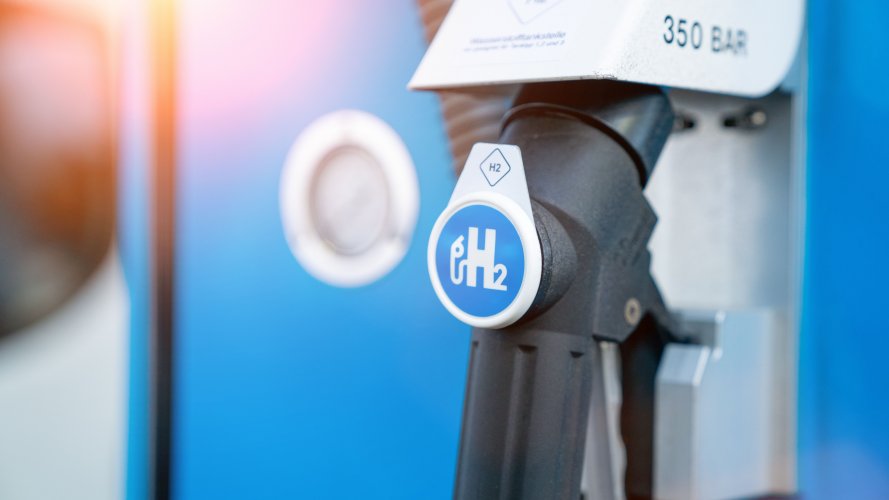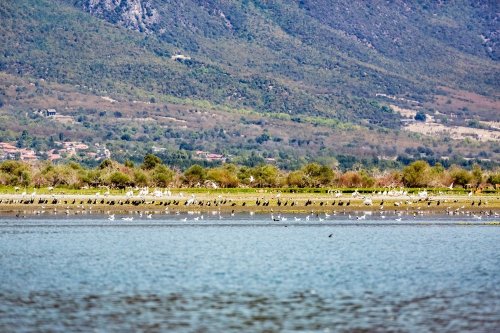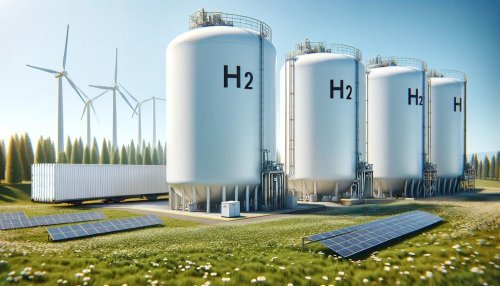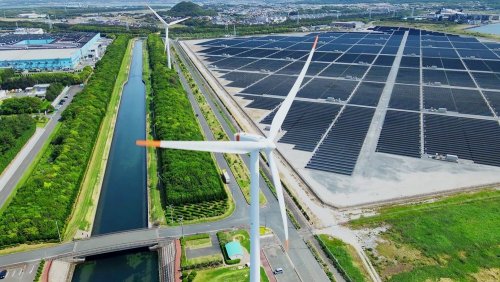Hydrogen of Ukraine and AB5 Consulting have received a grant from the UK to implement the H2U project for the production of renewable hydrogen in Reni, Odesa region. In addition to the construction of the plant, the project also includes the construction of solar and wind power plants to provide the company with reliable energy supply.
This was reported by the energy company Hydrogen of Ukraine.
The grant for the H2U project was provided by the British Embassy in Kyiv as part of the InnovateUkraine competition. The project aims to revolutionize energy production in Ukraine by using renewable sources to produce green hydrogen, a clean and versatile energy source.
Power and production
According to the project, the initial electrolysis capacity of the new plant will be 100 MW. It will produce hydrogen both for domestic needs and for export to EU countries. At the first stage, it is planned that the production capacity will be 7-8 thousand tons of hydrogen per year, that is 400-750 tons per month. Production costs of 1 cu. m of hydrogen will be 1.5-2 liters of water and 4.5 kWh of electricity.
In addition to the main product – hydrogen, as a result of the technological process, side products – oxygen and methanol will be formed. They can also be implemented and increase the company's profit. Oxygen is used in construction, medicine, and agriculture. Methanol as a universal solvent can be used in various areas of the economy.
Along with the enterprise, the construction of solar and wind power plants with a capacity of 120 MW and 80 MW, respectively, is planned. They will provide reliable power supply to the plant, capable of withstanding external interruptions.
The Ministry of Foreign Affairs of Great Britain will finance 70% of the cost of the comprehensive feasibility study (FEA), the rest will be covered by Voden Ukraine. The British company AB5 Consulting is engaged in the development of this document. The presence of a feasibility study will also create an opportunity to attract external investment for the construction of the plant.
Construction is planned to begin in 2 years, after conducting all the necessary research and developing a complete package of documentation.
The total amount of investment in the plant, RES capacity and infrastructure for transporting hydrogen to the EU is approximately EUR 300-400 million.
Competitiveness
Considering the relatively low cost, Ukrainian "green" hydrogen can already compete on the European market, if we are talking about a liquefied product for refueling cars. Thus, the cost price of hydrogen at the Rennes plant is 5 euros per kg, and under certain conditions it can be reduced to 4.5 euros. This is 2-3 times lower than in the EU. For example, at gas stations in Germany, hydrogen costs about 12 euros per kg and it is mainly "grey" hydrogen, that is, produced from natural gas.
Experts note that "green" hydrogen loses to "gray" in terms of cost of production. Therefore, without support, projects like this will develop slowly. However, they note, the cost of hydrogen production will decrease every year thanks to the improvement of its production technology.
Earlier, EcoPolitic wrote, that in October 2023 EcoPolitics reported that Europe is preparing for a large-scale increase in demand for green hydrogen thanks to the adopted Directive on renewable energy sources.
We also reported that countries around the world are preparing to increase hydrogen production: The United States will spend $750 million on green hydrogen production, German gas giant Securing Energy for Europe plans to invest millions of euros in hydrogen infrastructure, and Australia will invest $92 million to build a powerful green hydrogen center.





